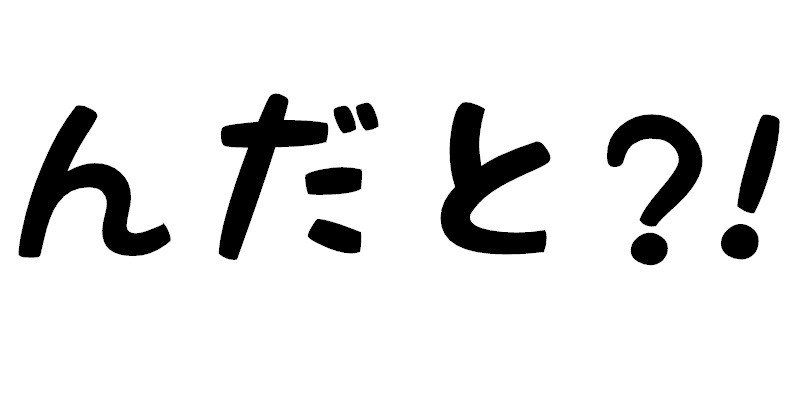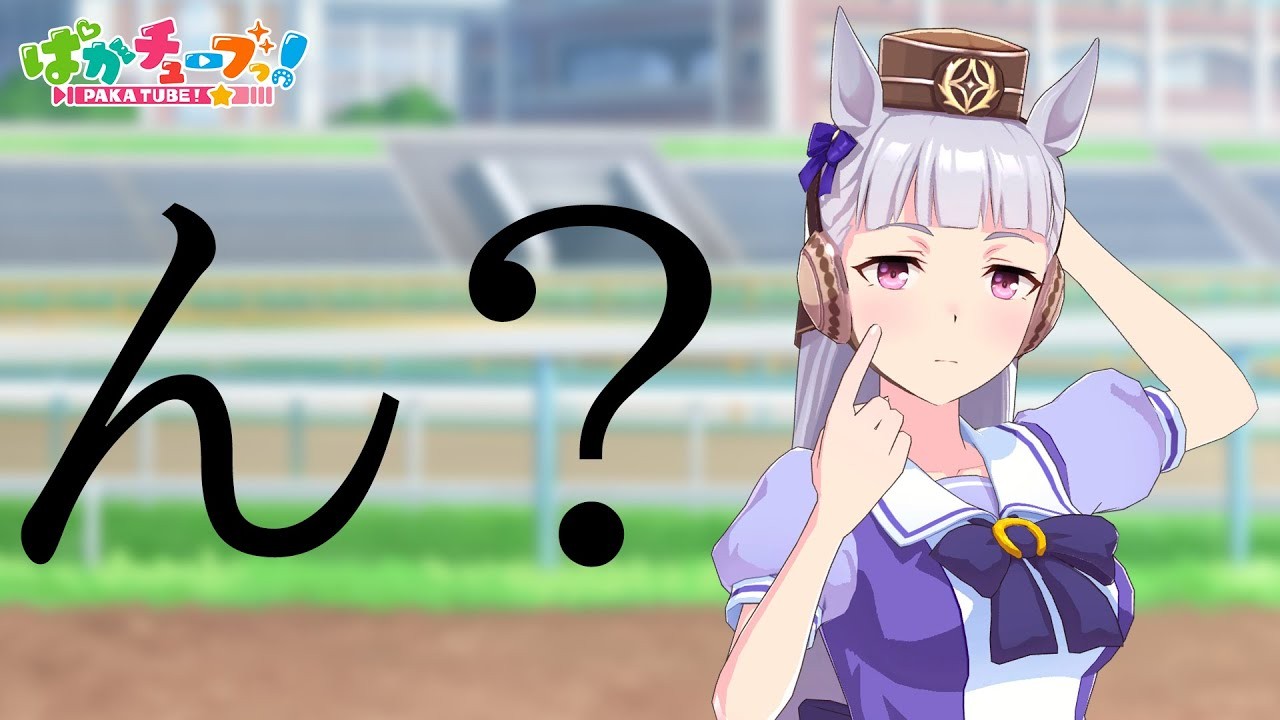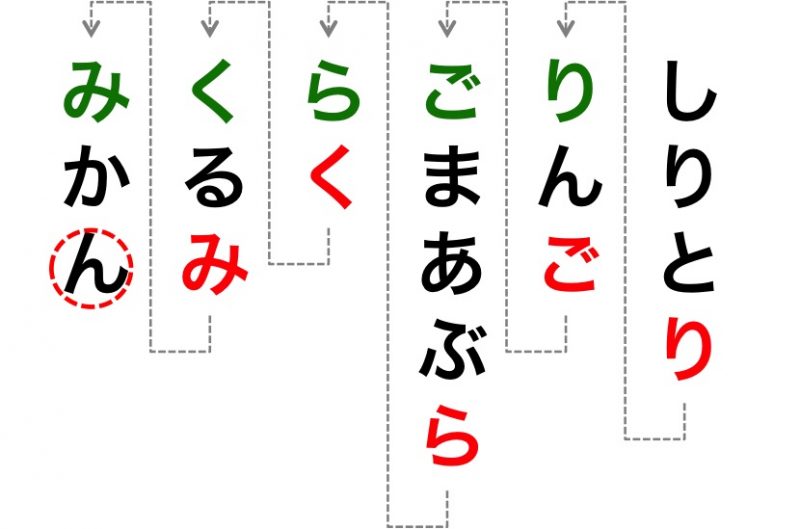One of the most fascinating mysteries in the Japanese language is the use of hiragana ん (n), the only kana that does not have its own vowel. A common question among Japanese learners is whether there are words or phrases that begin with ん. The surprising answer is: yes, there are, although they are quite rare. In this article, we will explore these special occurrences, including slang, dialects, and even loanwords from other languages.
Despite its scarcity, the ん at the beginning of words plays an interesting role in the Japanese language, especially in colloquial expressions and regional terms. Let's examine the details below.
Table of Content
The ん: The Only Kana Without a Vowel
Unique Characteristics
The ん is indeed peculiar in the Japanese phonetic system. Unlike all other kana, which have an associated vowel sound (like か "ka" or た "ta"), the ん represents only a nasal sound. Its main function is to close syllables, which makes it even more curious when it appears at the beginning of words or phrases.
Few Japanese words start with ん, and most of them are composed of slang or specific regional dialect terms. Additionally, foreign words that have been adapted into Japanese occasionally use ん as an initial sound.

Slang and Dialects that Use ん
The use of ん at the beginning of words is more common in slang and dialects, especially when one wants to emphasize or express emotions intensely. Here are some examples:
Slang Expressions with ん
- んなばかな!
- Origem: Forma contraída de そんなばかな.
- Significado: “De jeito nenhum! Não pode ser!”
- Essa expressão é usada para mostrar descrença total em algo que foi dito ou aconteceu.
- んなわけねぇだろう!
- Origem: Derivada de そんなわけねぇだろう.
- Significado: “Sem chance! Não pode ser assim!”
- Mais uma forma enfática de expressar negação ou descrença.
- んやろう
- Origem: Gíria de このやろう (konoyarou).
- Significado: “Seu bastardo!” ou um insulto enfático.
- Usada em contextos de raiva ou provocação, comum em conversas informais e às vezes em animes ou mangás.
- んと···
- Significado: “Umm...” ou um som de hesitação.
- Essa é uma expressão muito comum na fala coloquial japonesa, usada para preencher pausas enquanto se pensa no que dizer.
- んだと?!
- Origem: Gíria de なんだと (nan da to).
- Significado: “O que diabos você acabou de dizer?!”
- Uma maneira enfática de expressar surpresa ou indignação.
Dialect Words
In some regions of Japan, especially in Okinawa, ん is used at the beginning of words as part of the local dialects. One example is the term for miso in Okinawa, which is written as ンース (nnsu).

Foreign Words with ん
The ん is also used at the beginning of some foreign words that have been incorporated into Japanese. A notable example is “Ngorongoro,” a region in Tanzania, which is transliterated as ンゴロンゴロ (Ngorongoro) in katakana. This usage primarily occurs in proper names or technical words, where the initial nasal sound is necessary to maintain the original pronunciation.
Another interesting case involves foreign words that start with the syllables "Nwa", "Nwi", "Nwe", and "Nwo". Examples include:
- Nwoya (ンウォヤ) District: Transliterated as ンウォヤ・ディストリクト (Nwoya Disutorikuto).
- ンウェナイング (Nwenaing): Written as ンウェナイング.
- ンウィスド (Nwisd): Adapted for ンウィスド.
The Shiritori Game Challenge
The game Shiritori is a popular pastime in Japan, where players must say words starting with the last syllable of the previous word. The golden rule is to avoid words that end with ん, as there are virtually no words that begin with that hiragana. If a player says a word that ends in ん, they lose immediately, making ん a strategic trap in the game.
Why is ん prohibited?
The reason why words with ん are prohibited in the game is simple: there are almost no Japanese words that start with that sound, especially native words that aren't slang or foreign terms. This creates an element of challenge and tension in the game, where players need to think quickly to avoid falling into this trap.

Wrapping Up
Although the use of ん at the beginning of words is rare, it plays an important role in colloquial Japanese and in specific contexts, such as slang and regional dialects. Additionally, its presence in foreign words shows the flexibility of the language in incorporating new sounds. And you, have you ever heard of words that start with ん? Or perhaps you played Shiritori and lost because of it? Share your experiences and thoughts in the comments!
This small but powerful hiragana continues to intrigue Japanese learners and highlight the fascinating nuances of the Japanese language.
